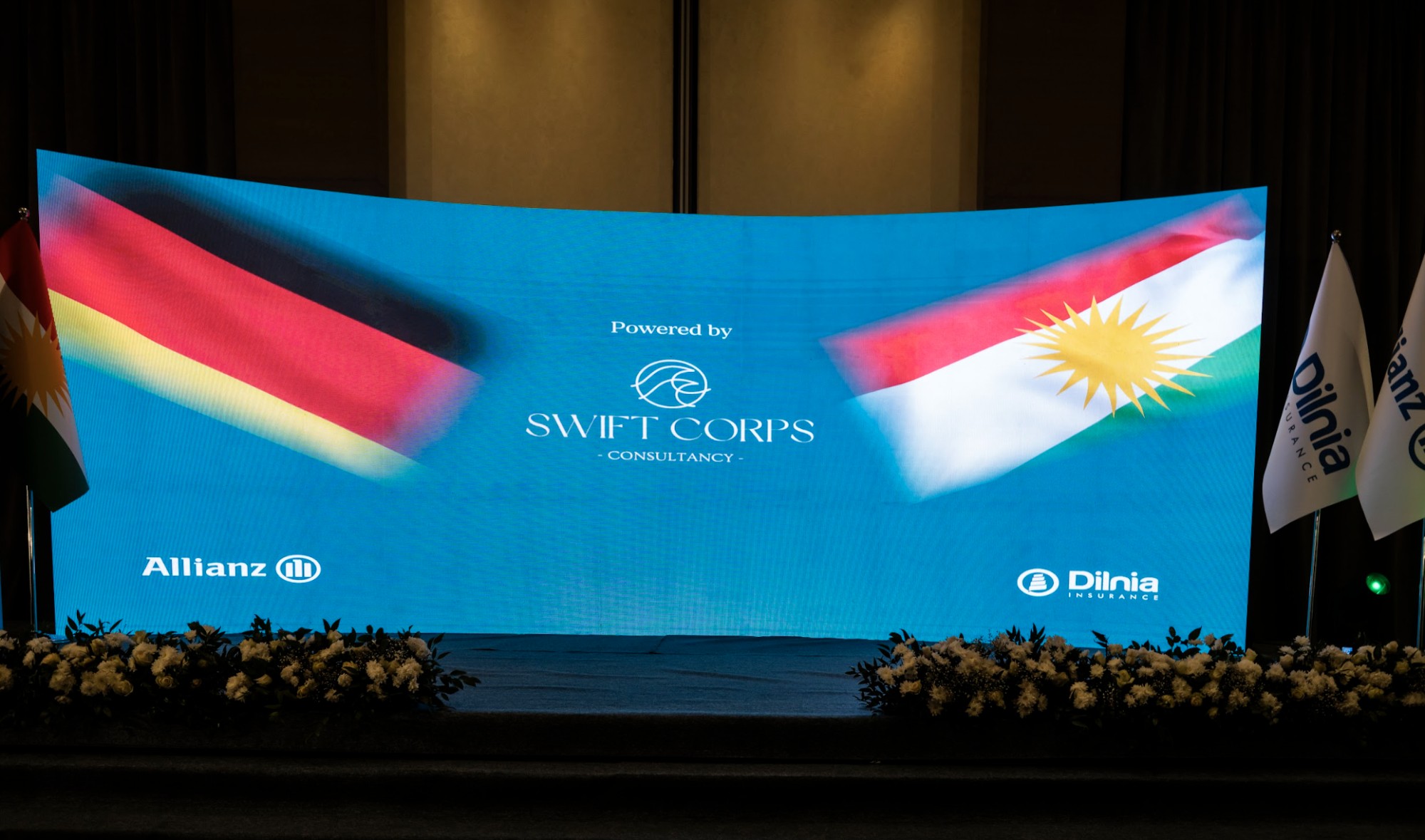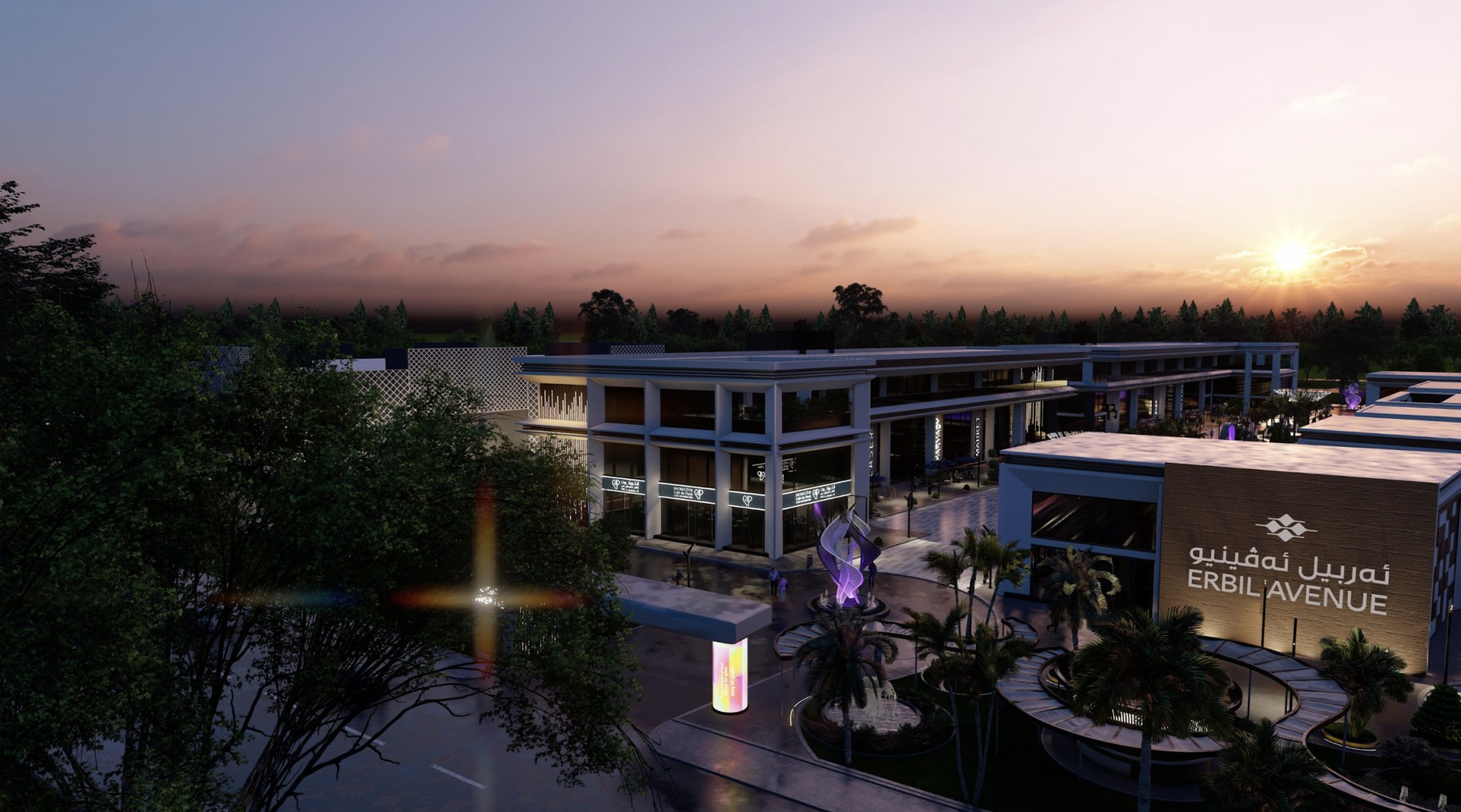On September 7, Steve Lutes, Executive Director of Middle East Affairs at the U.S. Chamber of Commerce, arrived in Erbil with a delegation with representatives from 30 companies to explore business opportunities in the Kurdistan Region. This visit was the first to receive official endorsement from the U.S. government.
“We’ve brought many delegations here before, and then there are times that we come and visit without delegations where we’re doing events or just here trying to further the bilateral economic relationship,” Lutes told Kurdistan Chronicle.
“What is new is the U.S. Department of Commerce’s official certification of our trade delegation in the Kurdistan Region of Iraq. It’s encouraging to have that kind of endorsement and support,” he said.
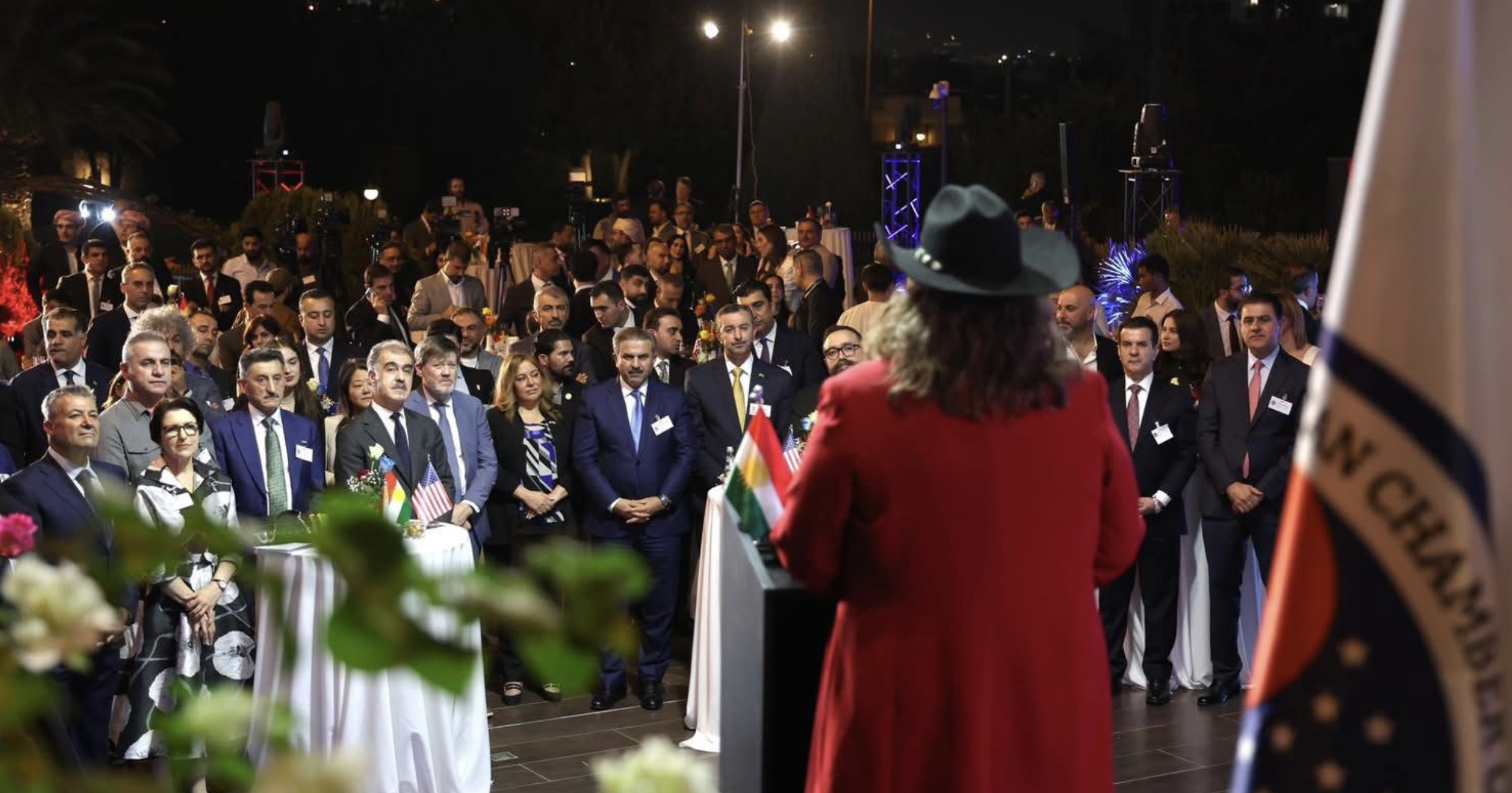
During an official visit to the United States on May 19, KRG Prime Minister Masrour Barzani oversaw the signing of two multi-billion-dollar agreements with U.S. energy companies HKN Energy and WesternZagros Resources at a formal ceremony at the U.S. Chamber of Commerce in Washington, D.C.
“We were fortunate to have the Prime Minister here in Washington and they signed those agreements at the U.S. Chamber, which really helped catalyze interest at that time,” Lutes said.
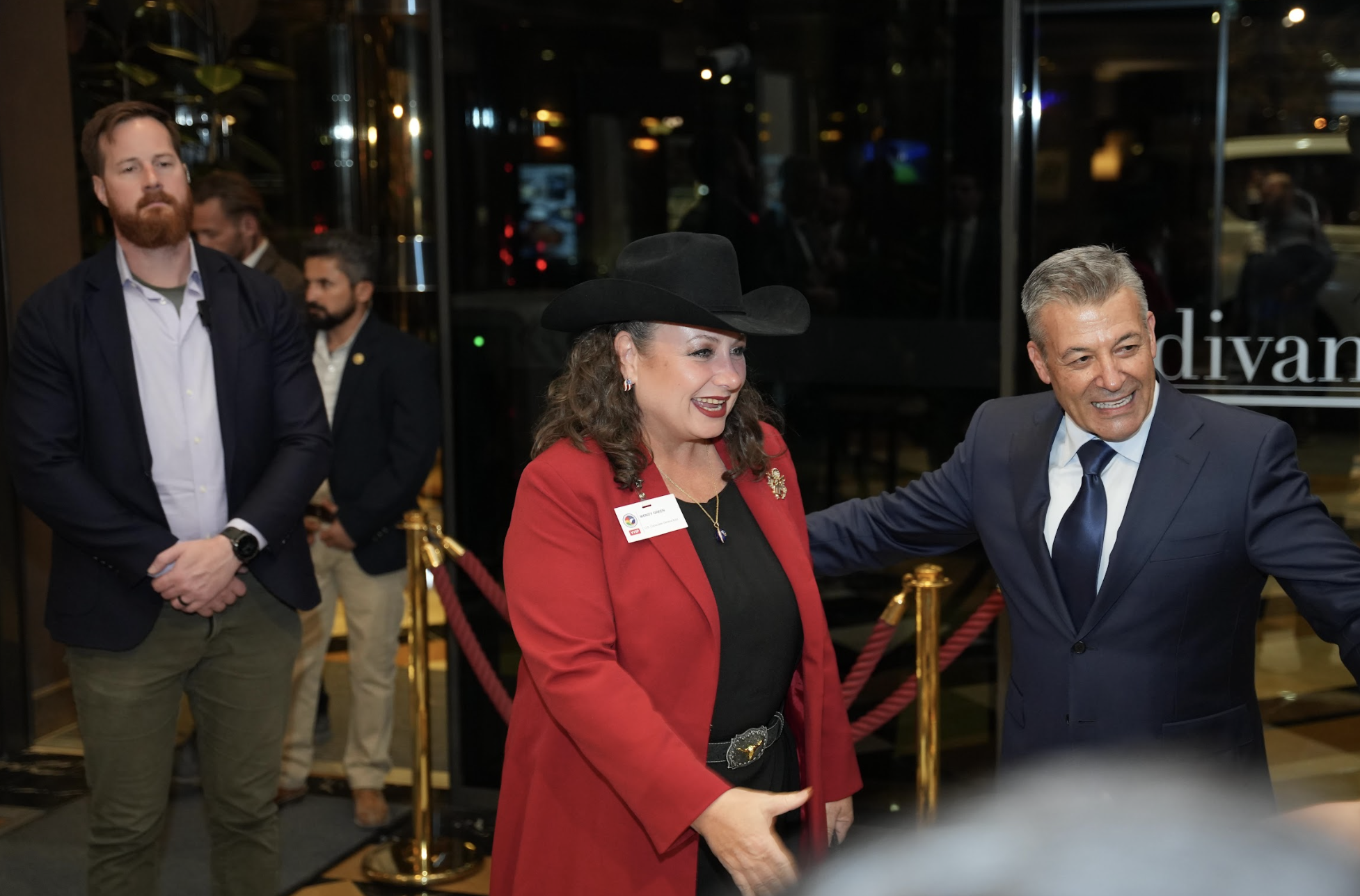
New chapter for long-standing partners
Treefa Aziz, the Kurdistan Regional Government (KRG) representative to the United States, said that “this visit is especially important because, for the first time, the delegation has been certified by the U.S. government, particularly the Department of Commerce.”
“This is an indication of the strong relationship between the United States and the KRG. We’re very happy to host more than 30 companies and we are looking forward to their visit, as well as talking to business leaders and officials about greater cooperation and investment here.”
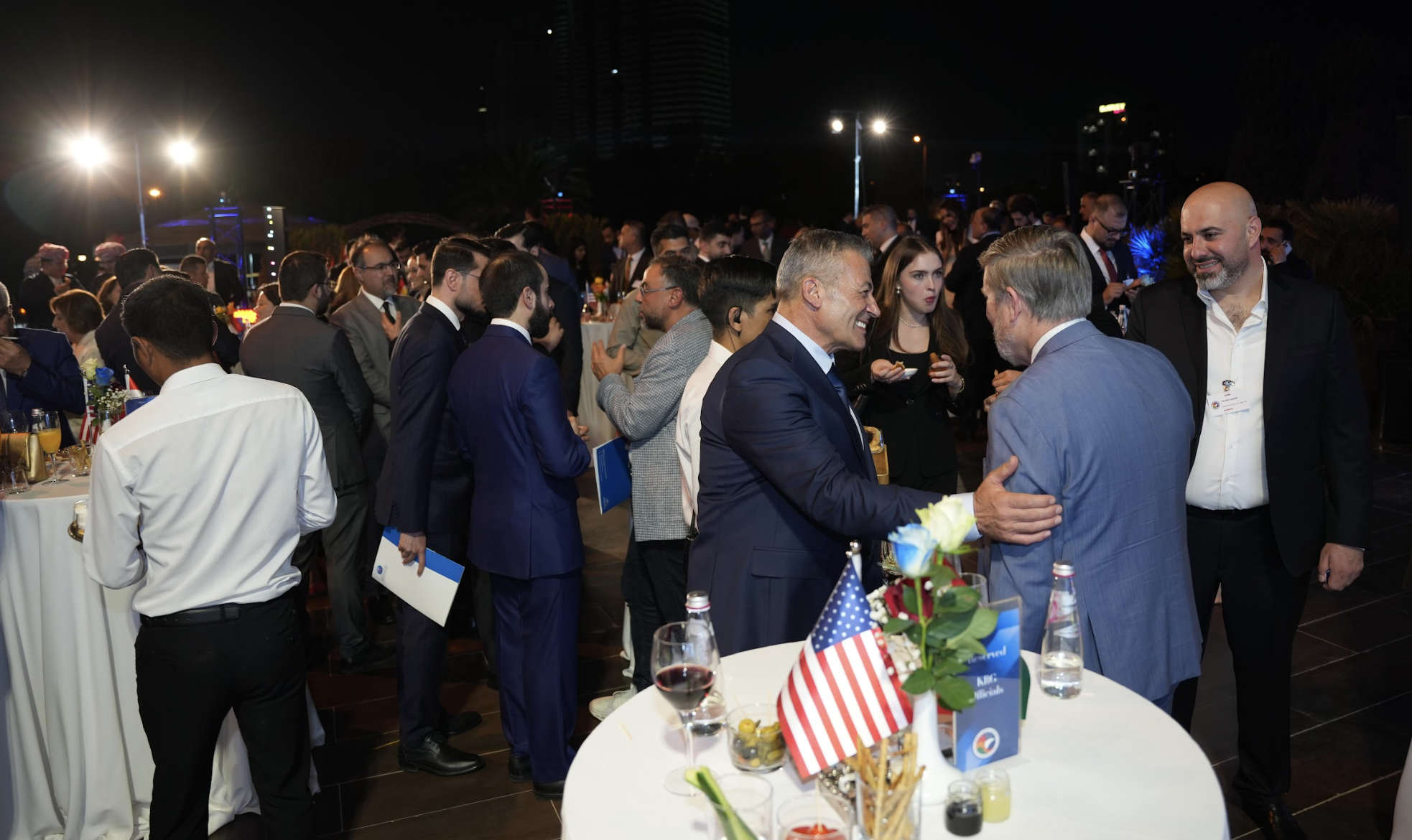
Aziz also underlined that the U.S. Chamber of Commerce “has been a long-standing partner and friend of the Kurdistan Region and we have been collaborating and working together for several years.”
“We had a strong start with the new administration under President Donald Trump through Prime Minister Barzani’s visit to Washington. We built on that momentum in July with a senior delegation to Washington, and now we have the Chamber of Commerce here in Erbil, along with the expected opening of the U.S. Consulate this fall. This underscores our strong ties with both the business and political establishments in Washington,” Aziz further said.
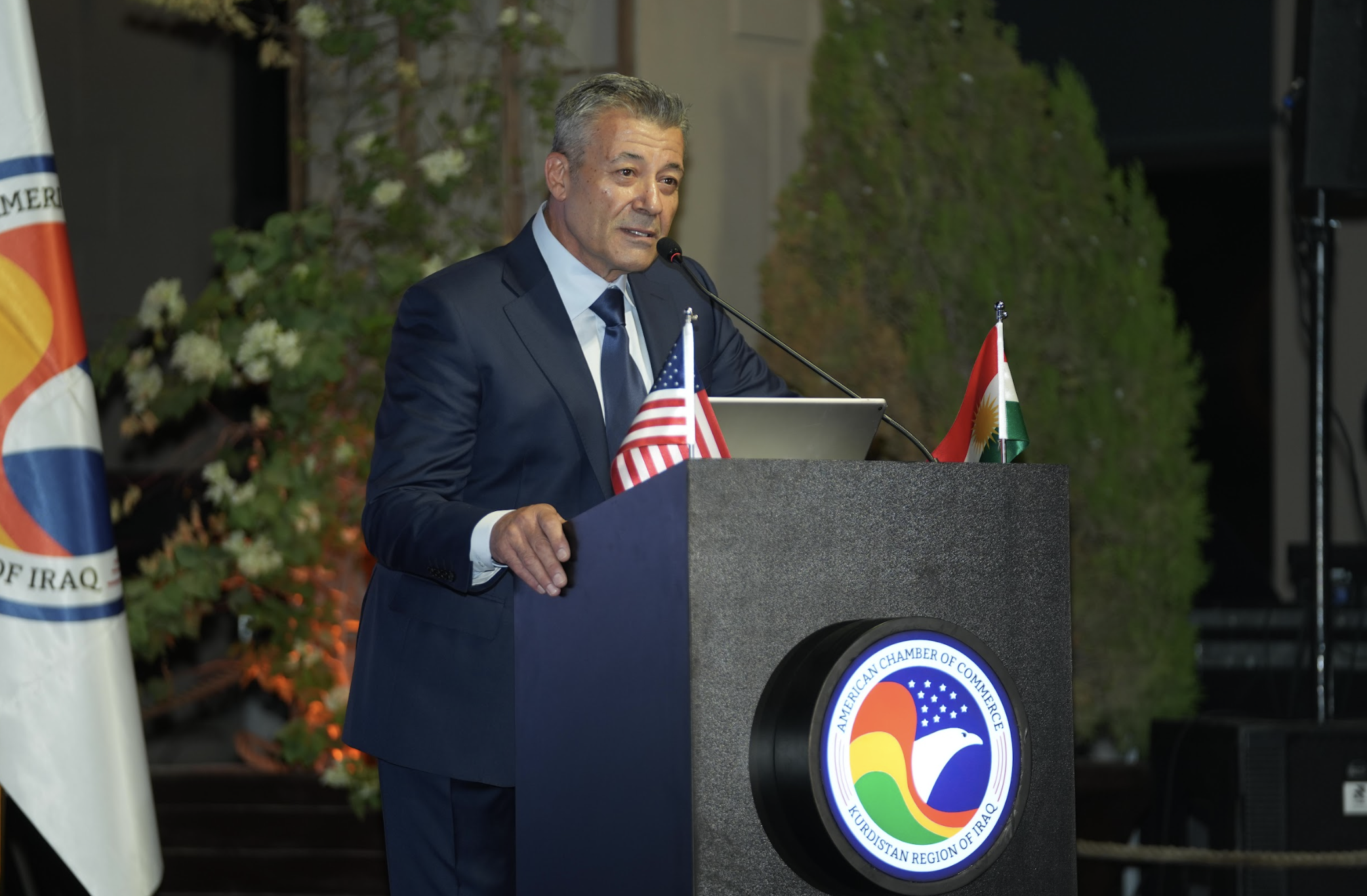
During Prime Minister Barzani’s visit to Washington, Lutes suggested bringing a delegation to the Kurdistan Region that was not only focused on the food and agriculture value chain, but also on healthcare, technology, and other sectors.
KRG Representative Aziz also confirmed that it was on the request of Prime Minister Barzani that they diversified the participants of this delegation.
The delegation is “not limited to one sector, including energy. We have financial services here, digital and IT companies, healthcare companies, education sector representatives, and all of this will expand the relationship, particularly in the economic sector, between the U.S. government and the KRG,” Aziz said.
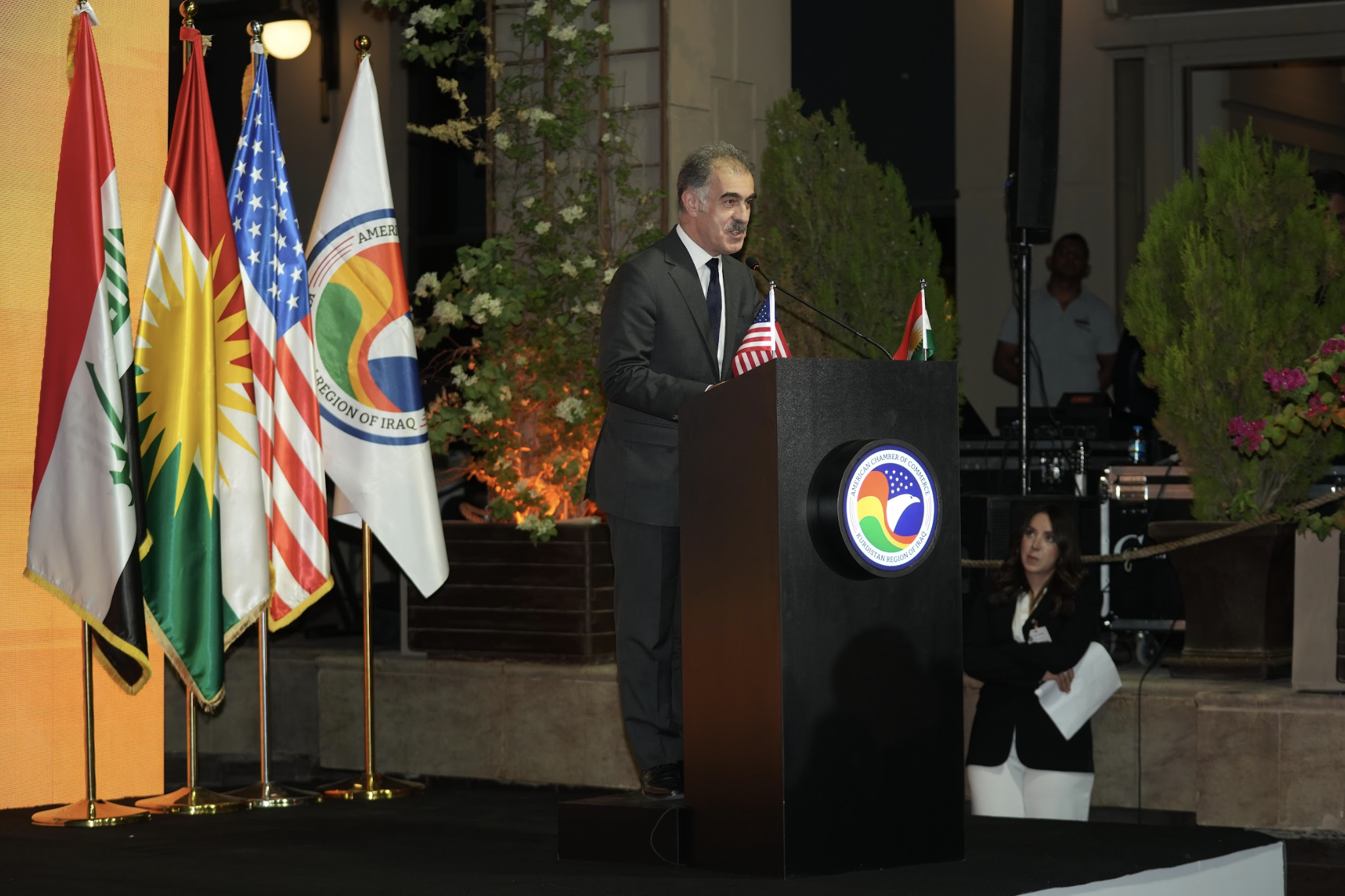
“We were responsive to the invitation and we’ve brought a delegation,” Lutes added. “That will ultimately lead to more U.S. companies participating in other aspects of the economy beyond oil and gas, although that is also important and we continue to support that.”
In June 2023, the U.S. Chamber of Commerce led the “Farm to Fork” Trade Mission to Erbil to explore potential business and investment opportunities in agriculture.
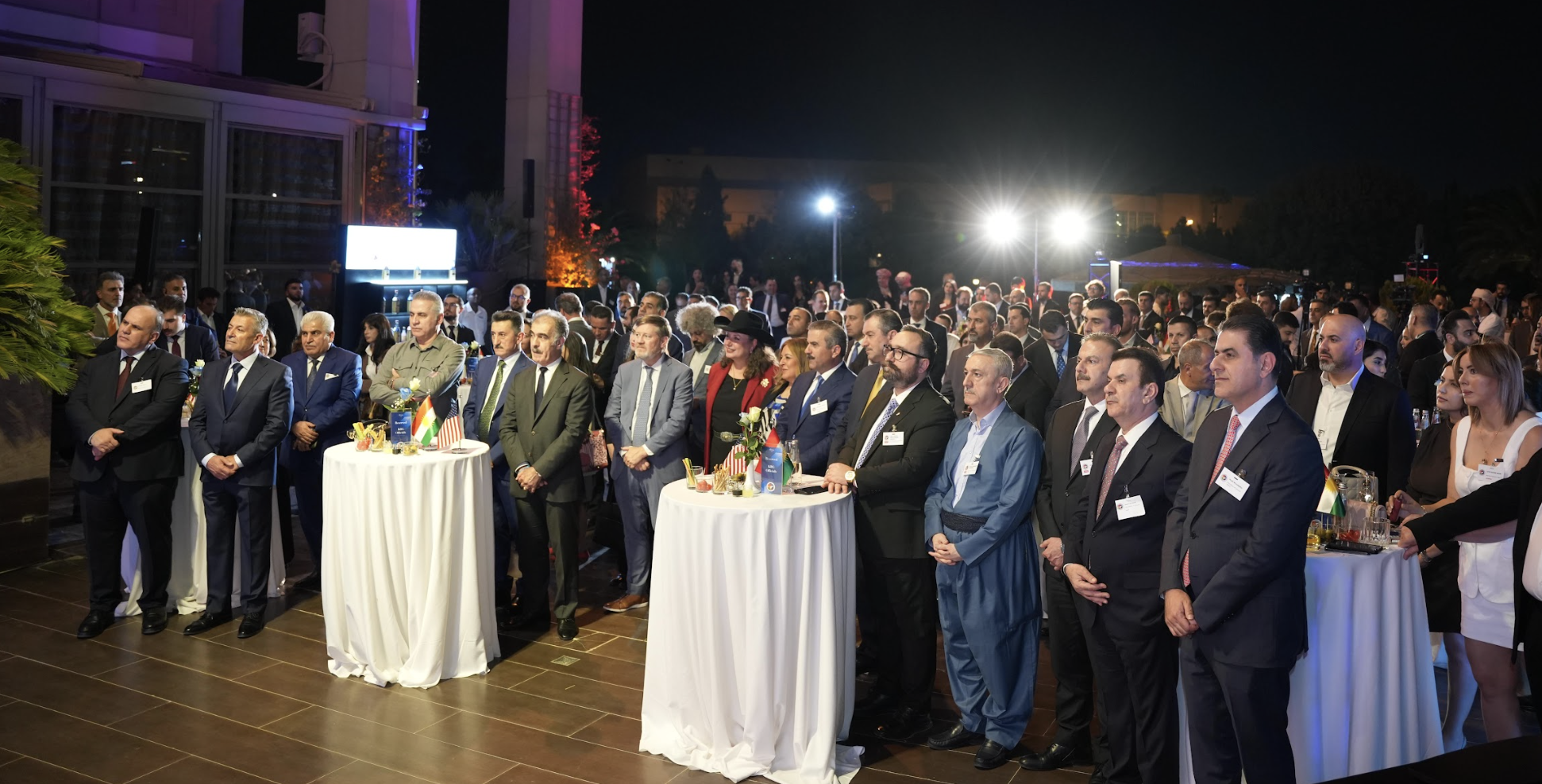
The drive toward diversification
The Ninth Cabinet led by KRG Prime Minister Masrour Barzani has also focused on diversifying the Kurdistan Region’s economy away from the oil and gas sector, focusing on tourism, manufacturing, and agriculture.
“We previously brought two ‘farm-to-fork’ delegations, which included everything from seed companies and those working in the fields, to businesses focused on grain storage and silos, food production, and processing, as well as restaurants and others at the consumer end of the value chain,” Lutes said.
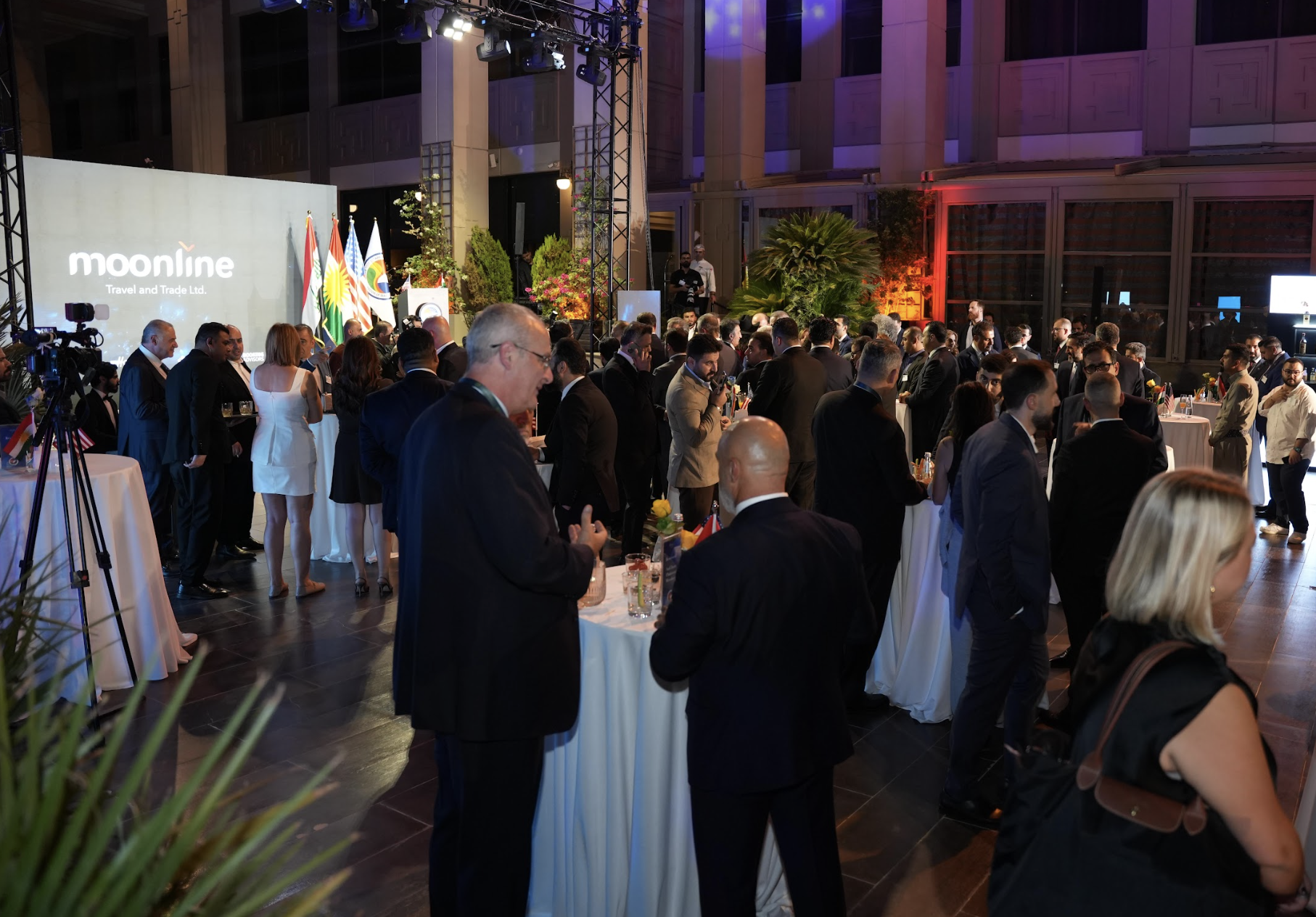
This time, in addition to agriculture-related companies, the delegation includes major technology companies such as Google, IBM, and Uber.
“We also have leading global healthcare companies like GE Healthcare and companies from across many economic sectors. We think that economic diversification is important. Many leading U.S. companies are doing a lot of business in the Middle East, but maybe they don’t have as large a footprint here in the Kurdistan Region.”
Lutes emphasized the Ninth Cabinet’s strategy to modernize banking services and reduce reliance on cash through the MyAccount project, which digitizes payroll for 1.2 million public sector employees.
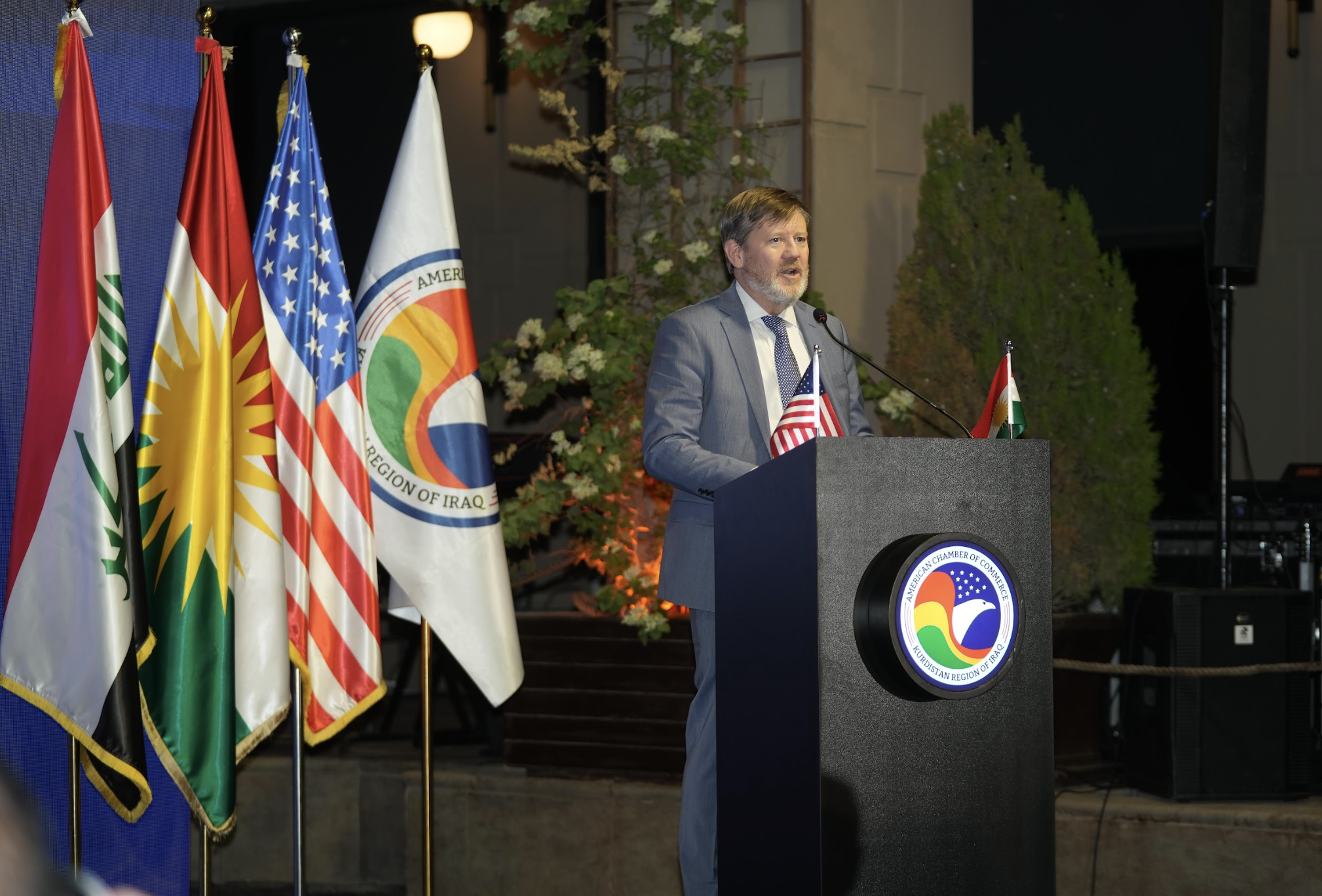
“Finance and banking are essential, particularly the adoption of digital technologies. With such a young, tech-savvy population, there’s a huge opportunity here. Moving toward a cashless society is both logical and promising. There’s also a clear drive for economic diversification, particularly in healthcare and in spreading the kinds of technologies that major tech companies can provide. The financial sector is another key area, with companies like Visa and MasterCard already part of our delegation.”
Lutes added that there will be future delegations to the Kurdistan Region. “We’ll assess whether there’s a need for sector-specific delegations, or if we should continue with broad, economy-wide missions. What I can say for certain is that we’ll be back with more delegations.”
Wladimir van Wilgenburg is a seasoned reporter and analyst who specializes in Kurdish affairs, and holds a Master’s degree in Kurdish studies from Exeter University, UK
